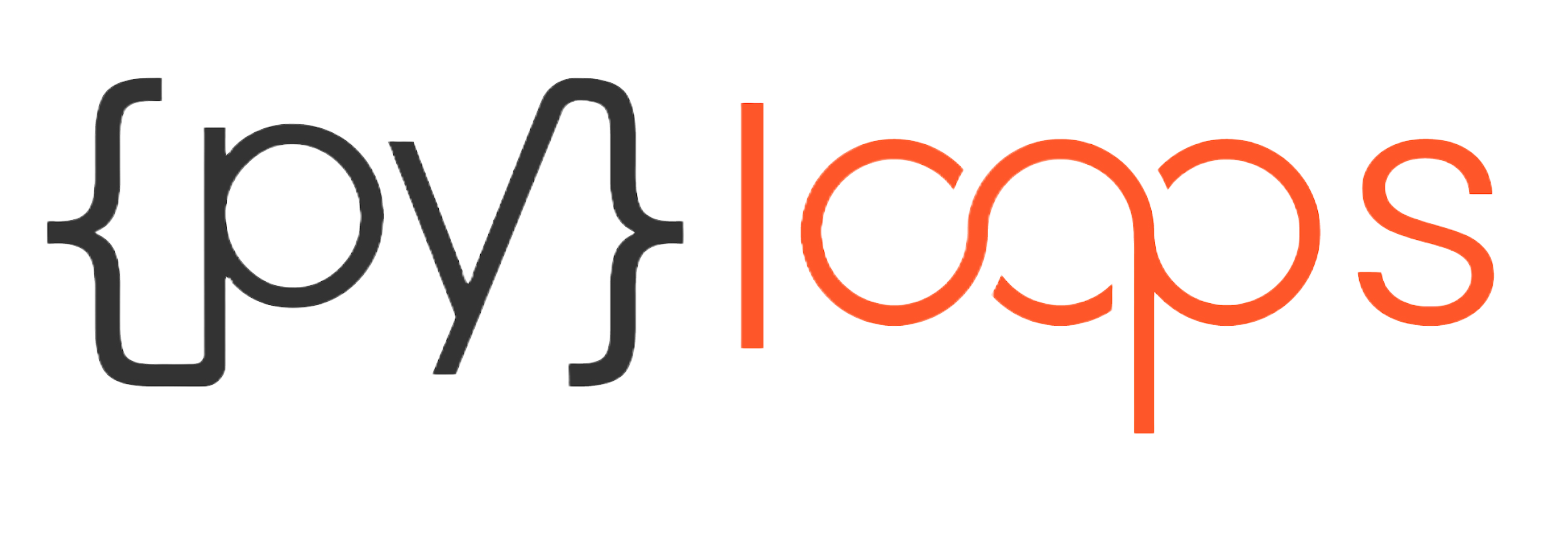
blogs
The Evolution of Work Redefining the Future of Employment
December 13, 2024Talent, Remote Work, TechTalent, TalentShortage, HiringStrategies, TechIndustry, Upskilling, ProfessionalDevelopment
The Hybrid Work Model: A New Norm
The COVID-19 pandemic accelerated the adoption of remote work, pushing organizations to rethink traditional office setups. Today, the hybrid work model—a combination of in-office and remote work—has become a standard for many industries. Companies like Microsoft, Google, and Salesforce have embraced this model, offering employees flexibility while maintaining collaboration.
Benefits of hybrid work include:
- Increased Productivity: Employees save time on commuting, allowing for better work-life balance.
- Talent Acquisition: Companies can tap into a global talent pool without being restricted by geography.
- Cost Savings: Reduced need for office space and operational expenses.
However, challenges persist. Employers must address issues like team cohesion, effective communication across remote and on-site workers, and ensuring equity in opportunities.
Automation and AI: Transforming Roles
Artificial intelligence and automation are reshaping job markets worldwide. Routine tasks are increasingly automated, enabling employees to focus on higher-value work. For instance:
- Healthcare: AI assists in diagnostics, reducing the workload for medical professionals.
- Retail: Automated checkout systems and inventory management streamline operations.
- Manufacturing: Robotics and IoT devices enhance efficiency on production lines.
While these advancements boost productivity, they also raise concerns about job displacement. A report by the World Economic Forum suggests that by 2025, 85 million jobs may be displaced, but 97 million new roles could emerge, emphasizing the need for reskilling and upskilling.
Employee-Centric Work Cultures
The modern workforce demands more than just a paycheck. Employees are prioritizing mental health, professional growth, and meaningful work. Companies are responding by:
- Fostering Inclusivity: Emphasizing diversity, equity, and inclusion (DEI) initiatives.
- Investing in Well-Being: Offering mental health support, wellness programs, and flexible schedules.
- Upskilling Opportunities: Providing training programs to help employees adapt to evolving roles.
Organizations that focus on employee satisfaction are witnessing higher retention rates and improved productivity. The "Great Resignation" of 2021 highlighted how employees are willing to leave jobs that fail to meet their expectations for a better work environment.
The Role of Technology in Collaboration
Technology is the backbone of the evolving workplace. Tools like Zoom, Microsoft Teams, and Slack have become integral for communication and collaboration. Emerging technologies like virtual reality (VR) and augmented reality (AR) are taking remote interactions to the next level, creating immersive virtual workspaces.
Additionally, advancements in cloud computing ensure seamless access to data and applications, enabling teams to work from anywhere. Companies leveraging these tools are staying ahead in fostering innovation and efficiency.
Sustainability and Work
Sustainability is becoming a key consideration in the evolution of work. Remote work reduces commuting, lowering carbon footprints. Additionally, companies are adopting green policies such as:
- Paperless Offices: Digital tools replacing traditional paperwork.
- Energy Efficiency: Using renewable energy sources for office spaces.
- Sustainable Supply Chains: Prioritizing eco-friendly practices.
Employees are increasingly drawn to organizations with strong sustainability commitments, reflecting a shift in workplace values.
The Future: What Lies Ahead?
As we look to the future, several trends are likely to shape the evolution of work:
- Gig Economy Expansion: Freelancing and contract-based roles will continue to grow, offering flexibility to workers and cost savings to employers.
- Focus on Lifelong Learning: Continuous education will be crucial to stay competitive in a rapidly changing job market.
- AI Augmentation: Rather than replacing jobs, AI will augment human capabilities, creating new opportunities in fields like data science, robotics, and AI ethics.
- Decentralized Workspaces: Blockchain technology may enable secure, decentralized work environments, transforming how teams collaborate globally.
Final Thoughts
The evolution of work is not just about adapting to change—it’s about embracing it. Organizations that prioritize flexibility, leverage technology, and focus on employee well-being will thrive in this new era. Meanwhile, workers must remain agile, continuously learning and adapting to seize the opportunities this transformation presents.
The workplace of the future is here. It’s dynamic, inclusive, and driven by innovation, offering endless possibilities for those ready to evolve.